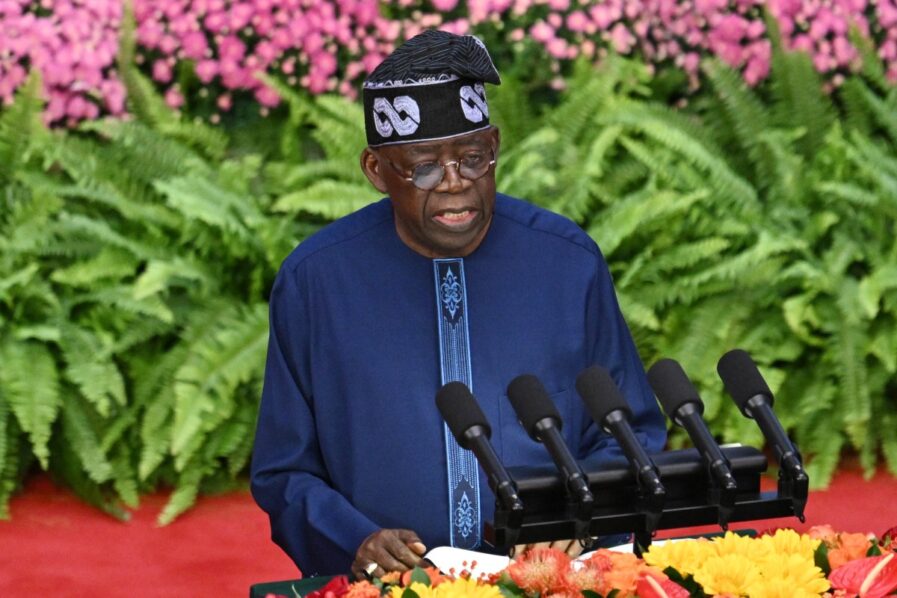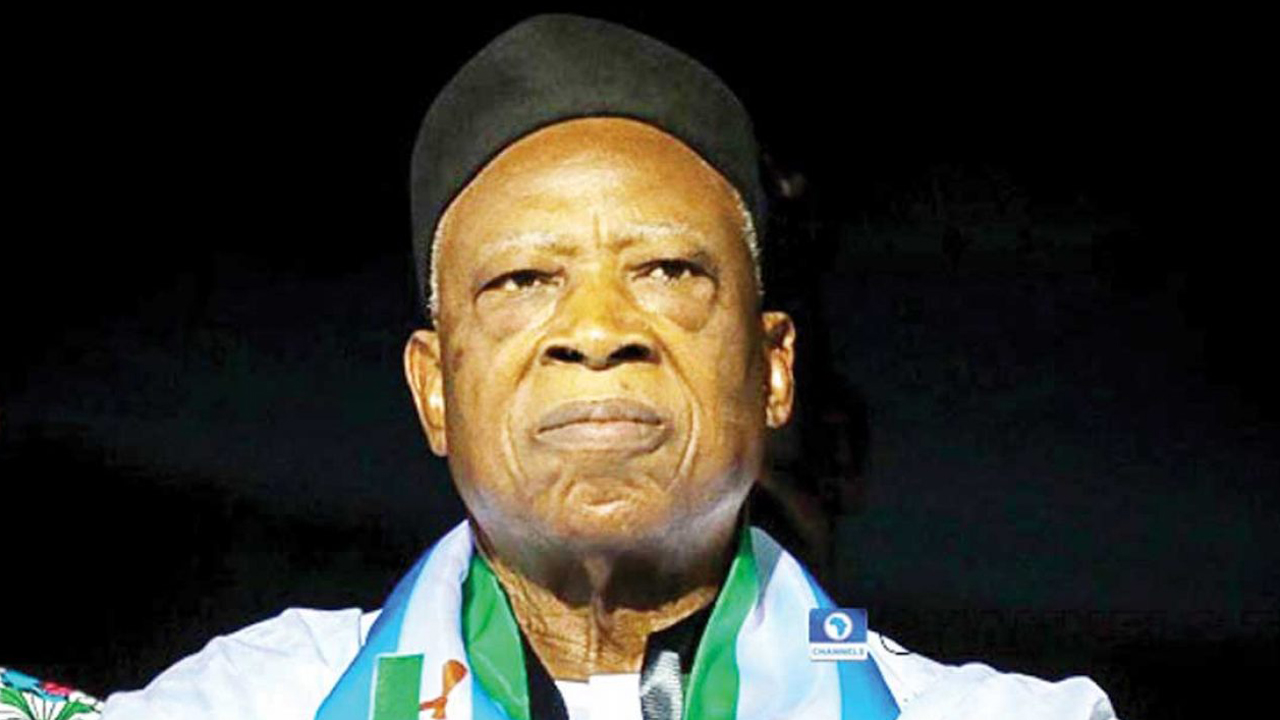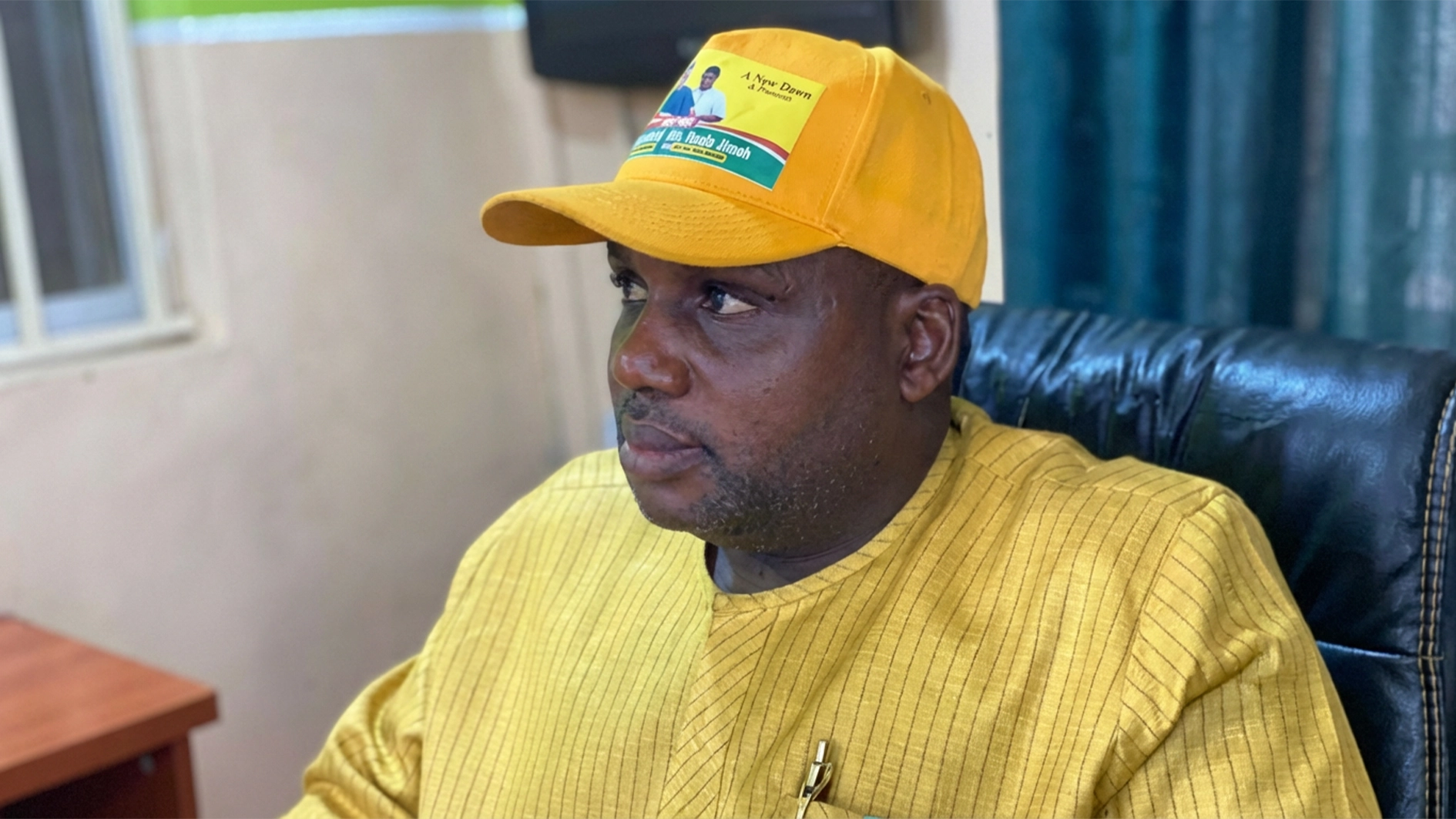
A worrisome trend exists in the State House, Abuja, akin to scenarios that play out only in democracies under strain.
Of late, there have been incidents, including attacks and restrictions on the press, in the context of diligent coverage of the President’s activities and programmes.
In the United States, for instance, hundreds of journalists cover the White House daily. It is the job of news hounds to report on the President of the United States, to shine a light and hold the administration accountable. The questions they ask in the briefing room or Oval Office are on behalf of the American people, with no holds barred.
However, the prevailing situation in Nigeria’s Presidential Villa would be better described as an atmosphere of intimidation and harassment, similar to the “Reign of Terror, Reign of Love,” a title borrowed from a book by Barbara R. Thompson and Keffa Sempangi.
Amidst what appears to be a deliberate effort towards media censorship, there are numerous threats targeted at journalists, ranging from harassment to intimidation, even as newsmakers visit the Presidential Villa daily for various engagements.
This development has created a climate of fear for media professionals, thereby impeding the free circulation of information.
Despite assurances of unfettered access, overzealous actions by security agencies against journalists persist, with new threats emerging daily in unprecedented ways.
Numerous incidents involving security agents at the seat of power have created a hostile atmosphere, lacking the conviviality expected in a democratic setting.
Despite multiple appeals and interventions by the recently exited Special Adviser on Media and Publicity, Chief Ajuri Ngelale, the issues have not abated and have continued to worsen, with plain-clothes security agents persisting in their harassment and denial of access to newsmen.
On several occasions, attempts to speak with visiting newsmakers have been foiled by stern-looking security aides who shield guests from the press as they exit the Presidential Villa complex.
In the past, reporters who insisted on their rights faced sanctions for alleged defiance of authority. Photographs and videos of such incidents were secretly recorded and forwarded for further action.
Top guests are often deliberately shielded from the press and are aided in sneaking out of the seat of power through what is known as the “NADECO Route,” an exit channel heavily protected by security men.
This situation has inadvertently led to a decline in the quality of stories that should emanate uncensored from correspondents covering the seat of power.
Many reporters continue to lament the situation in hushed tones, fearing they may be profiled by elements of the State House apparatus.
That is the environment in which newsmen covering the Presidential Villa operate.
In the US, the First Amendment protects both freedom of speech and the press, granting journalists the right to access public places to gather and disseminate news. Paradoxically, this is not the case in Nigeria’s Presidential Villa, Abuja, where the former Presidential Spokesman, who should serve as an intermediary between the system and the media, was powerless and helpless. Indeed, how could he reverse a negative trend targeting the media when he did not have unfettered access to the “inner chambers” of government operations, heavily guarded by the powers that be?
As the nation awaits the appointment of a replacement following Ngelale’s exit, news correspondents expect a Special Adviser on Media and Publicity who is equipped with strong public relations skills and tremendous charisma.
Granted, the role of a presidential spokesperson is inherently challenging. It requires balancing the president’s and his security’s demands with the need to maintain a productive relationship with the media and, by extension, the public.
It is no wonder that civil servants with extensive knowledge of how a Presidential spokesman in Nigeria should function have criticised some of Ngelale’s predecessors for their handling of this delicate balance.
Many, who would prefer to remain anonymous, have accused these predecessors of adopting an arrogant style, prioritising sycophancy over journalistic integrity, and responding to media inquiries with confrontational and dismissive attitudes.
This approach inevitably led to a perception that these spokespeople were more interested in serving as partisan operatives than as credible and transparent communicators.
The new Presidential Adviser on Media and Publicity must consciously avoid these pitfalls upon assuming office.
He or she must commit to changing the narrative and approach to presidential media issues and work diligently to end the era of security agents and other Presidency staffers speaking down to journalists using condescending language.
Regardless of political affiliations, journalists love their country and deserve to be treated with respect by those in positions of authority.
The new Presidential Spokesperson must ensure that correspondents in the Villa feel valued and have rights and access to the President’s public life to promote transparency in providing accurate and factual information to the public.
The new approach of the Presidential Media Adviser must be based on the principle that effective communication should build bridges, not walls, between the administration and the public.






